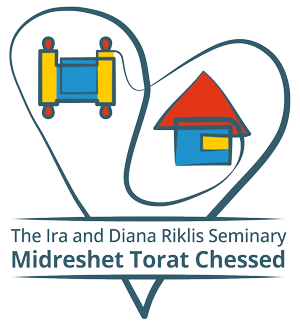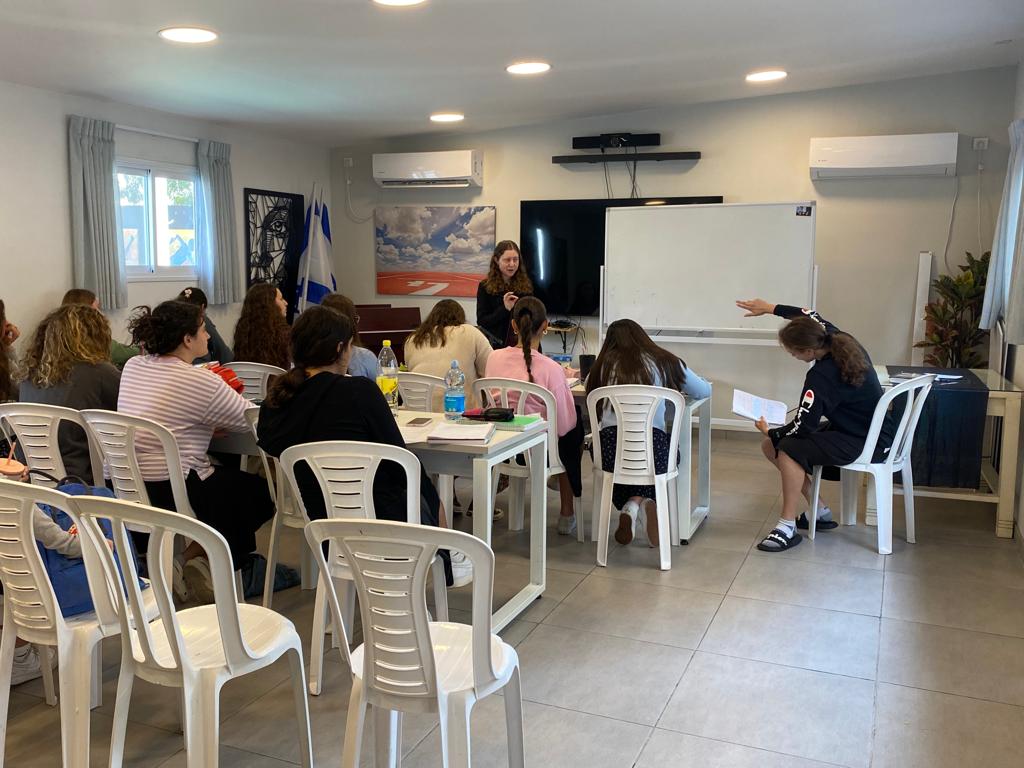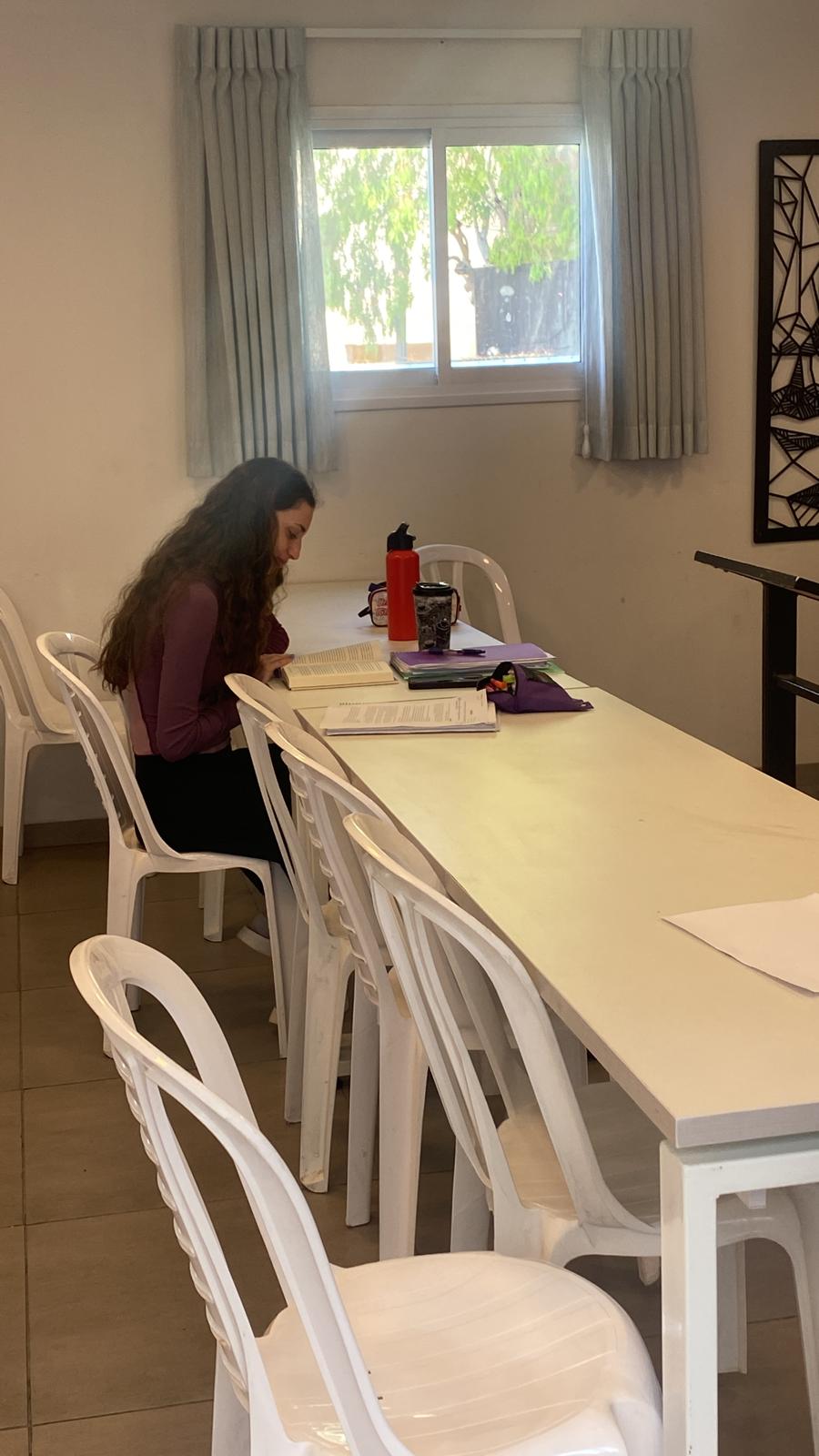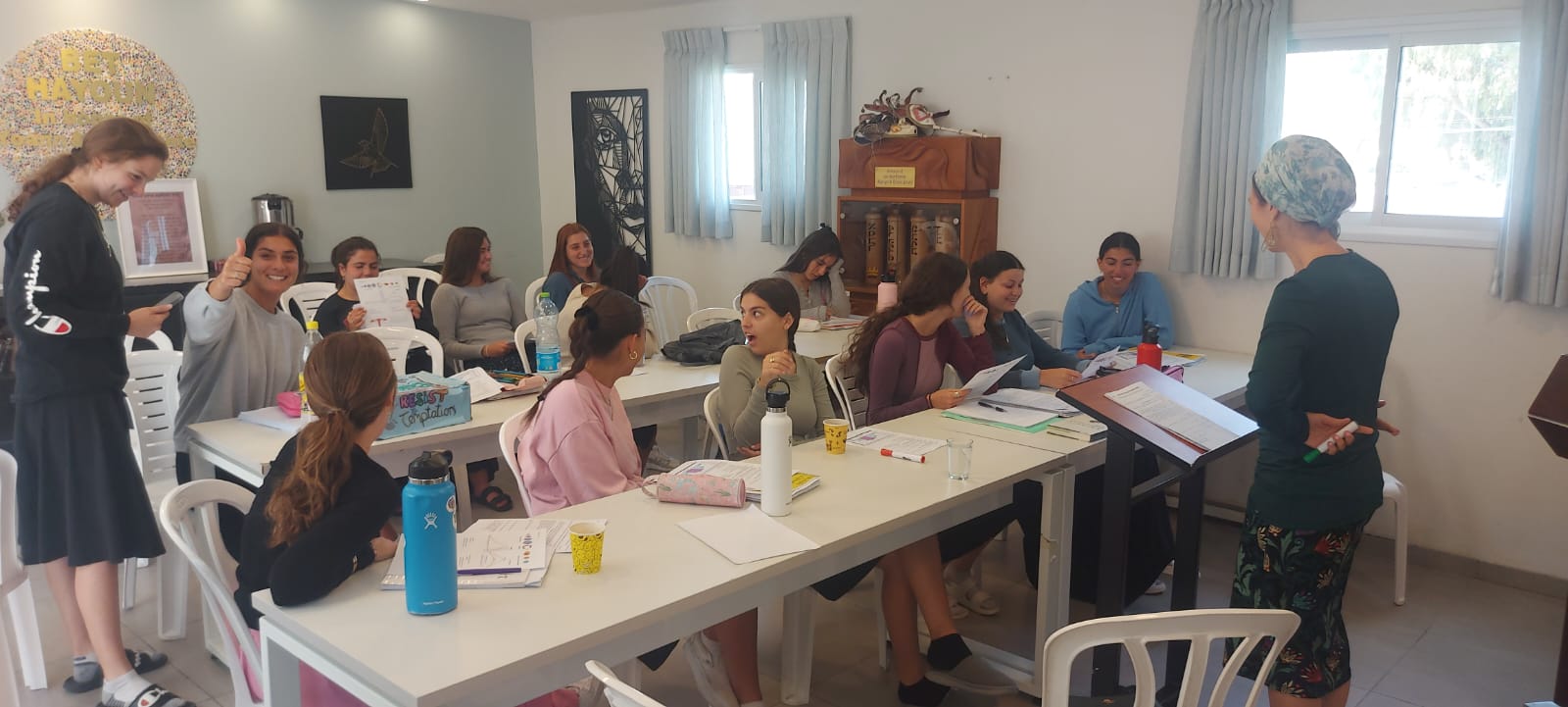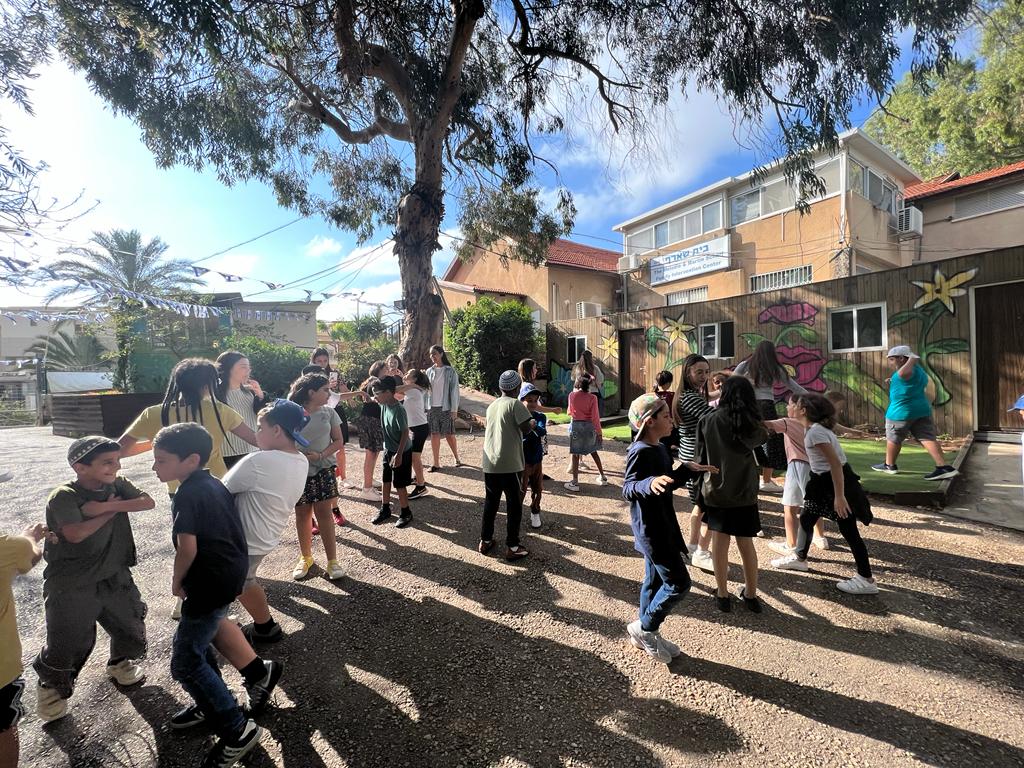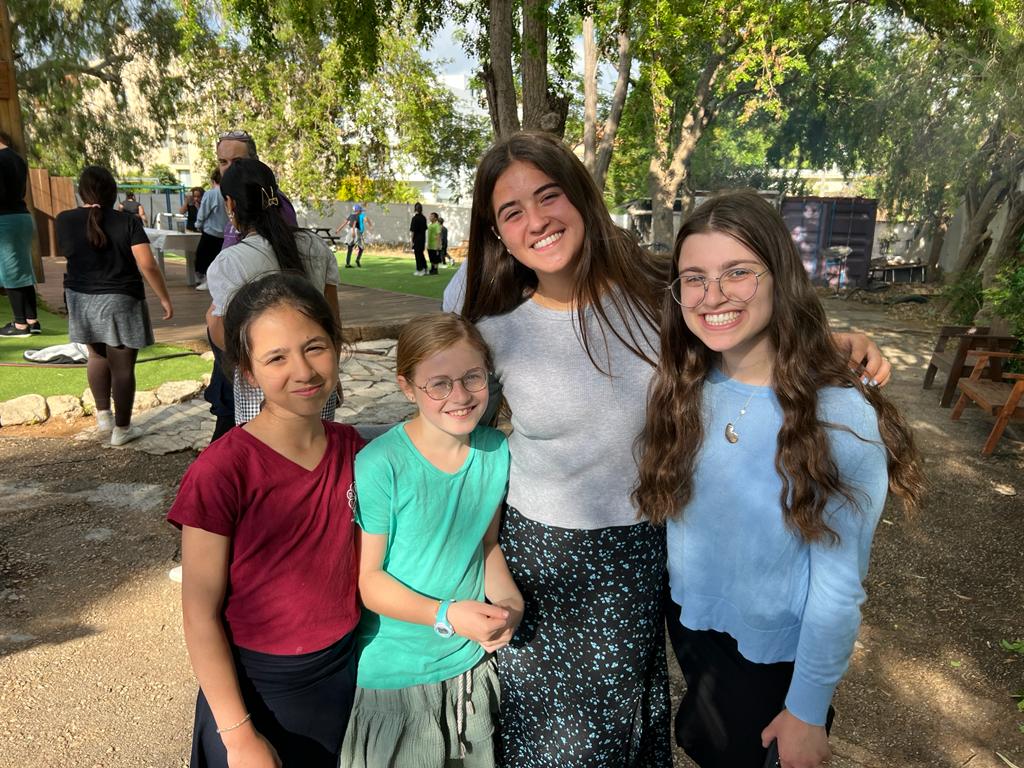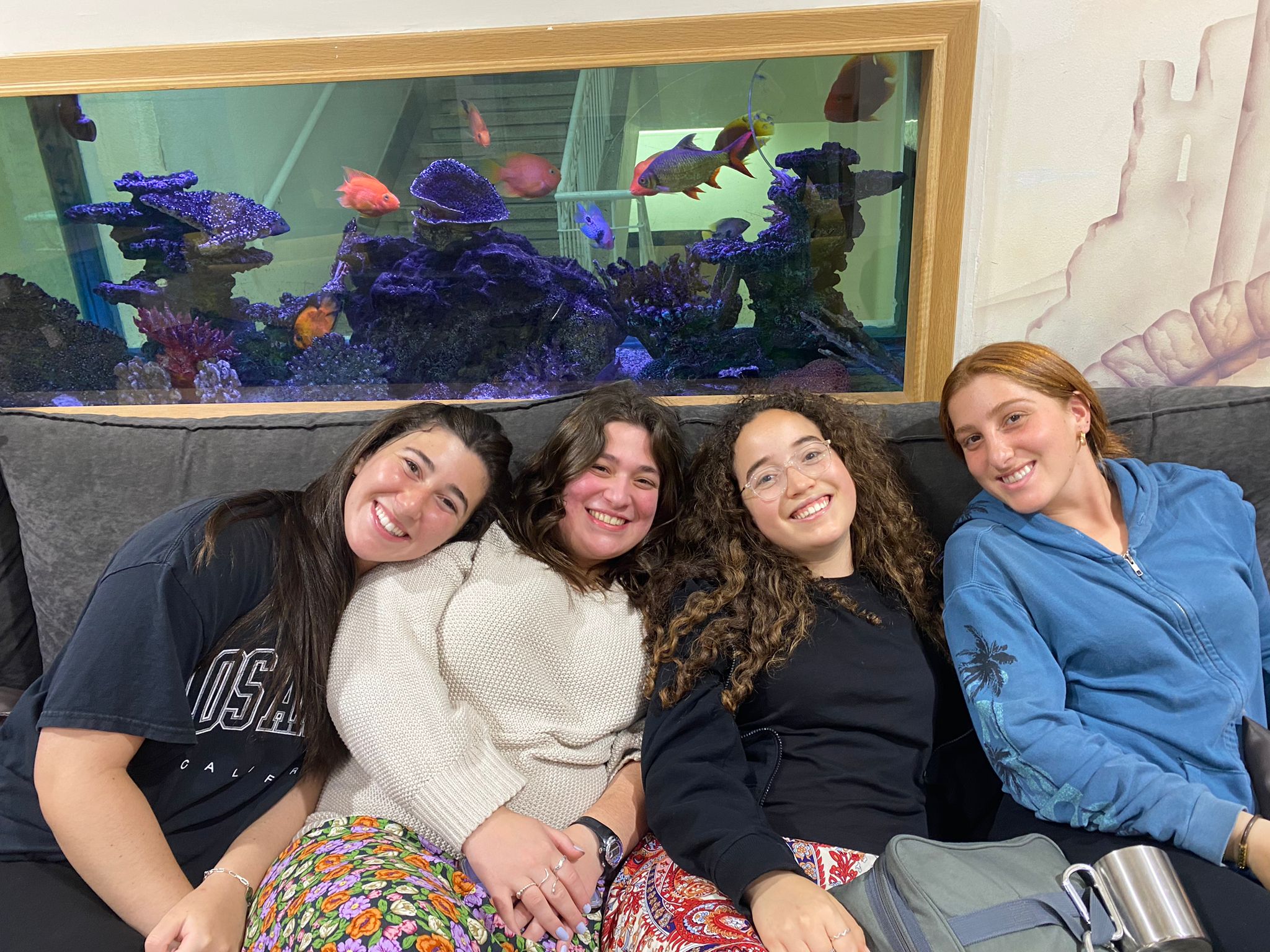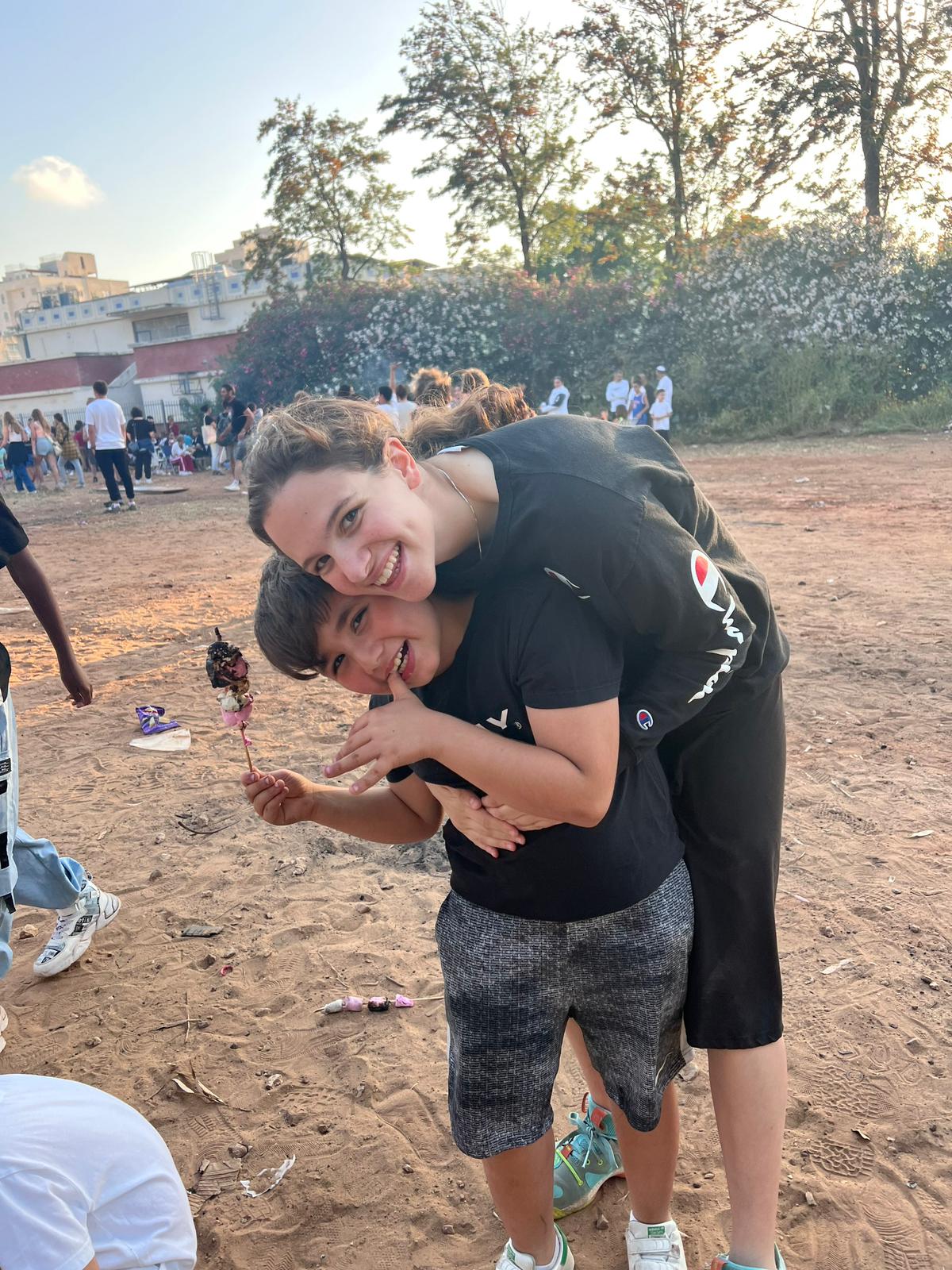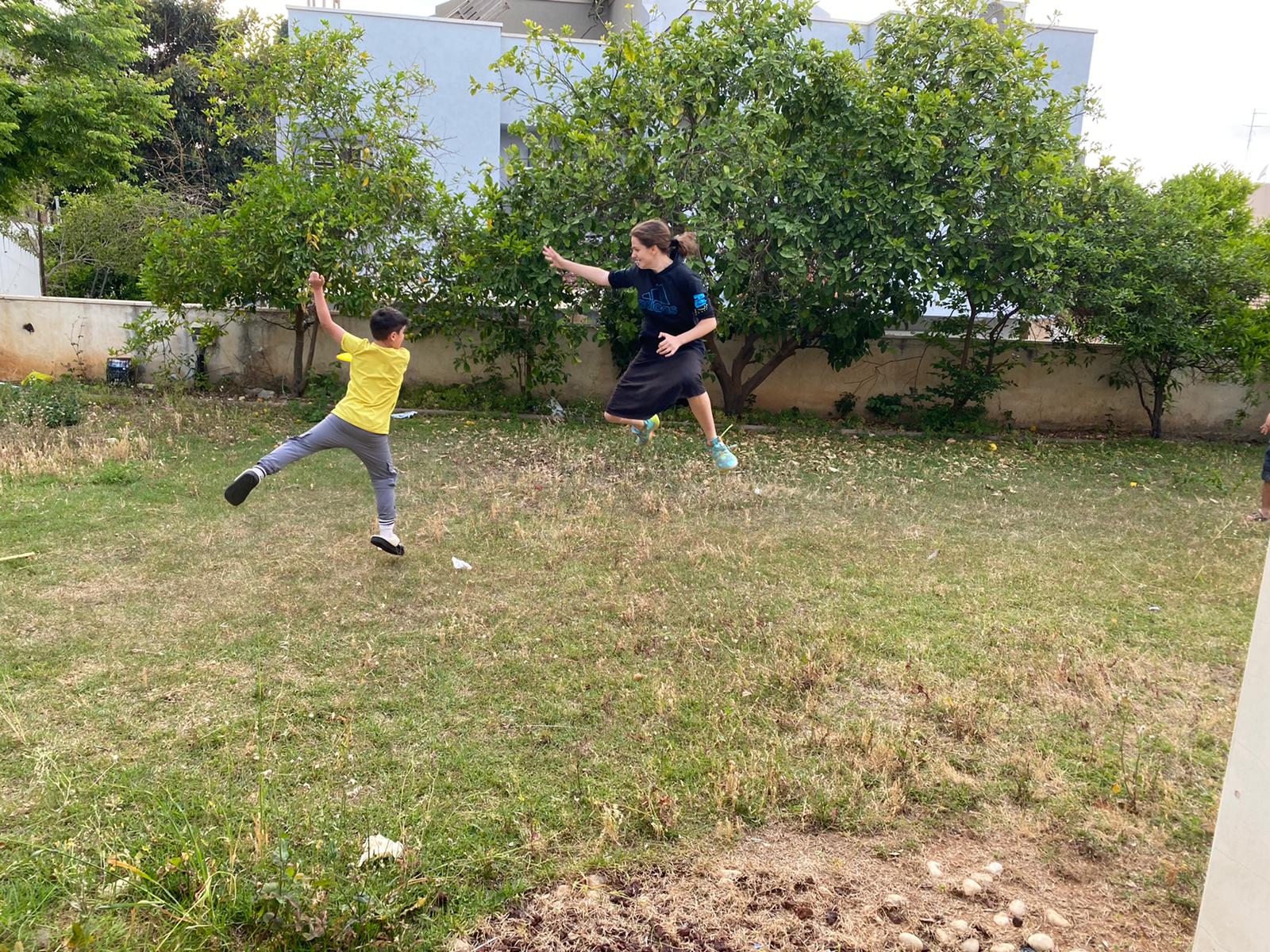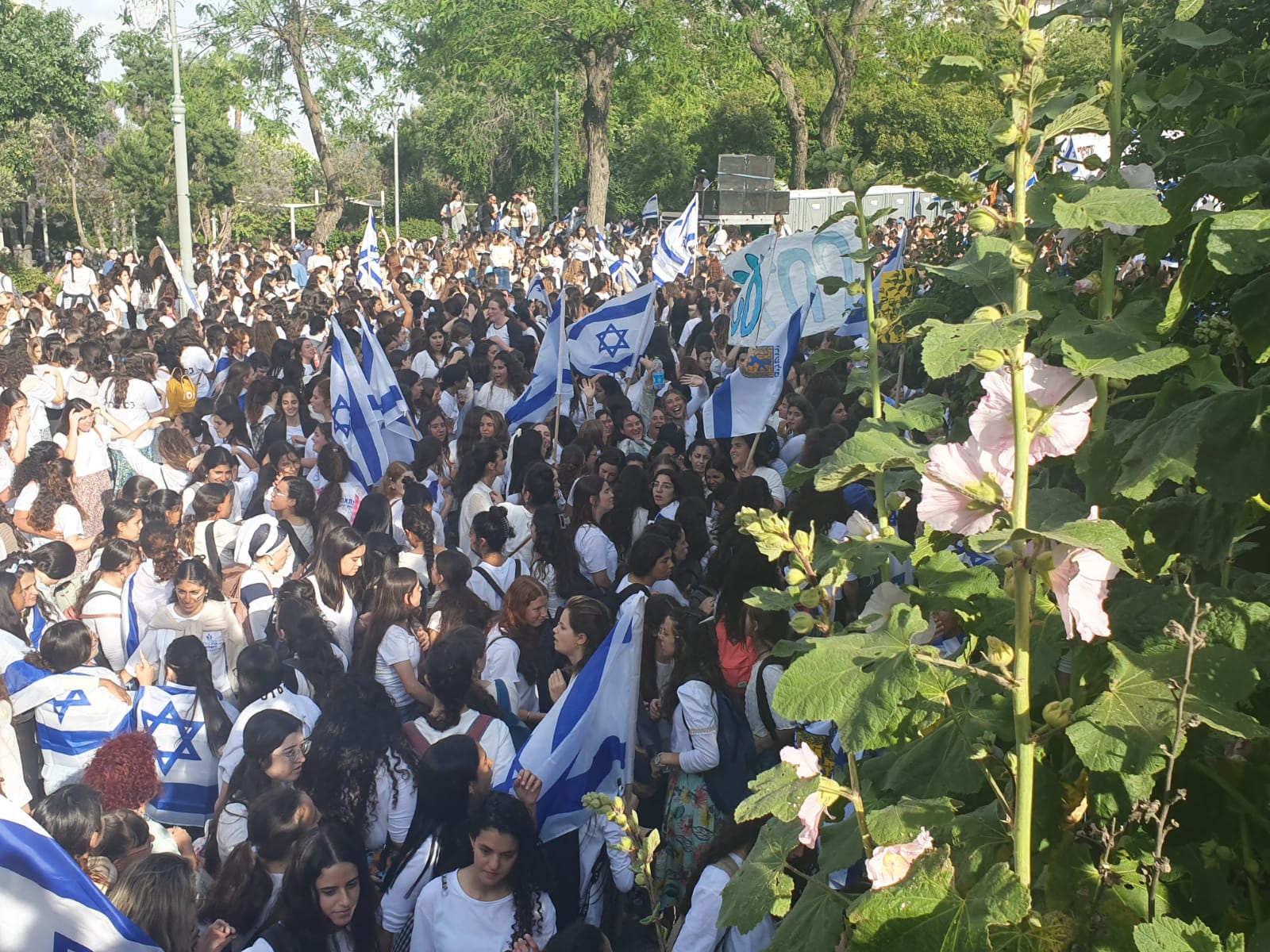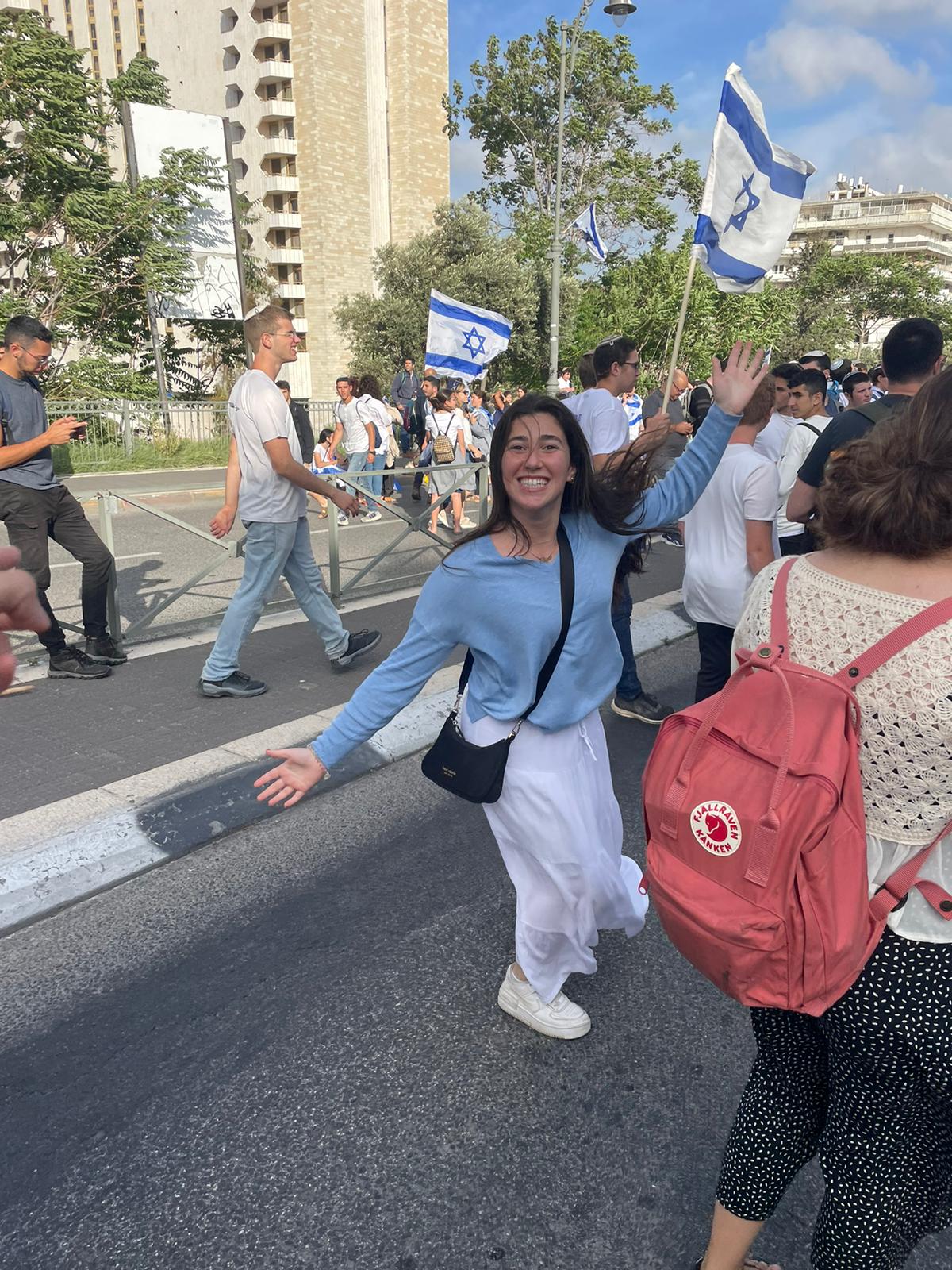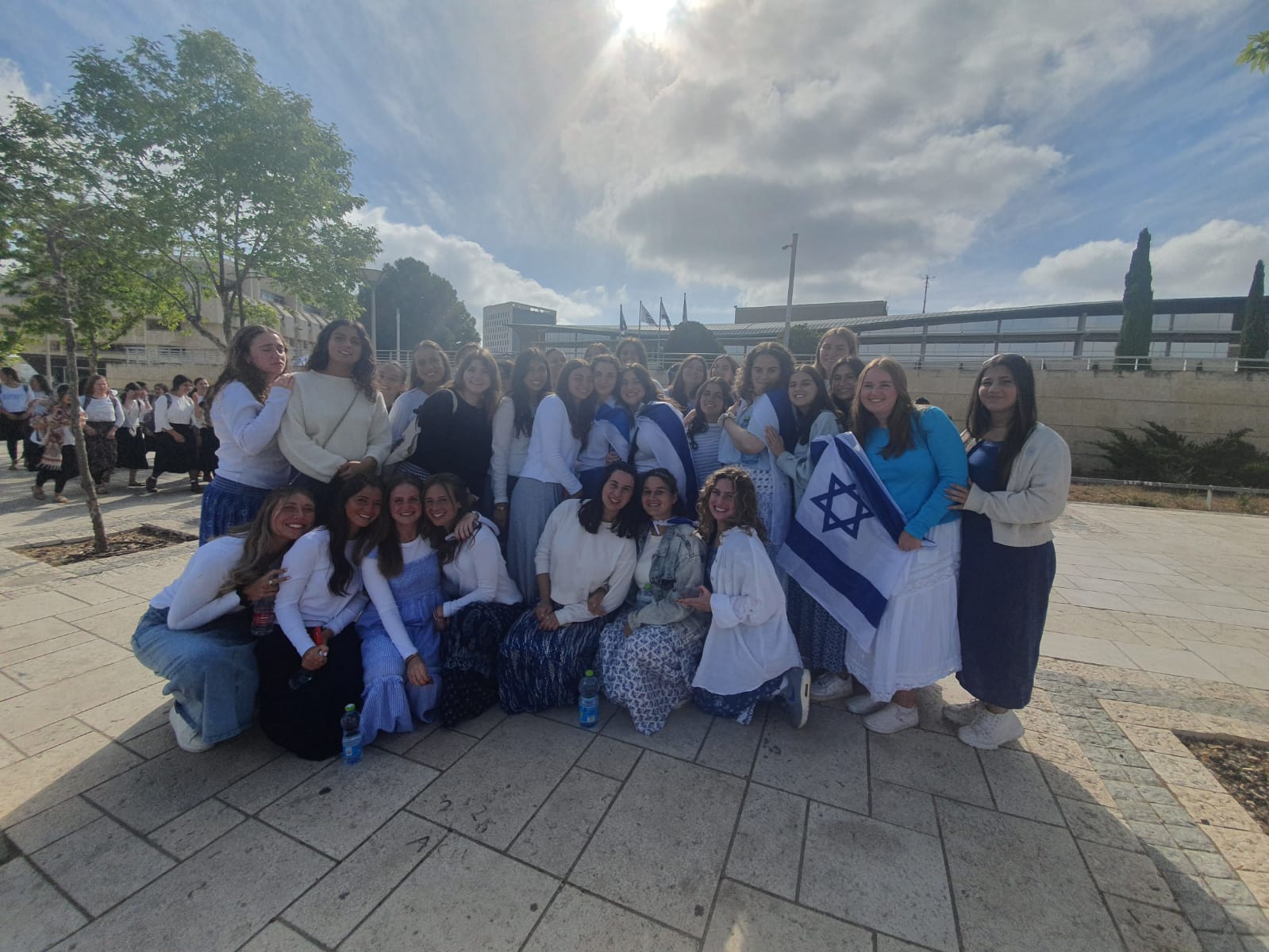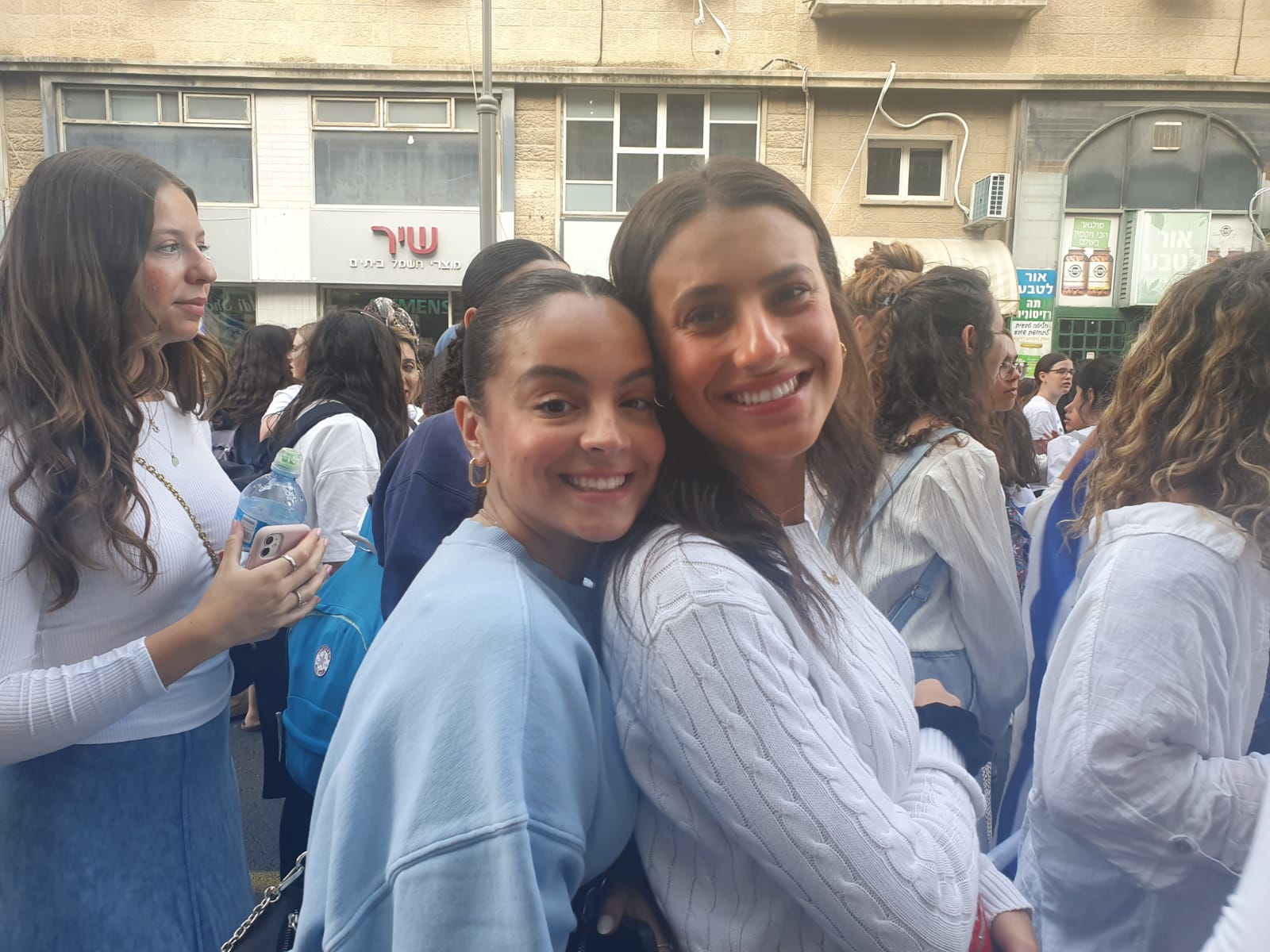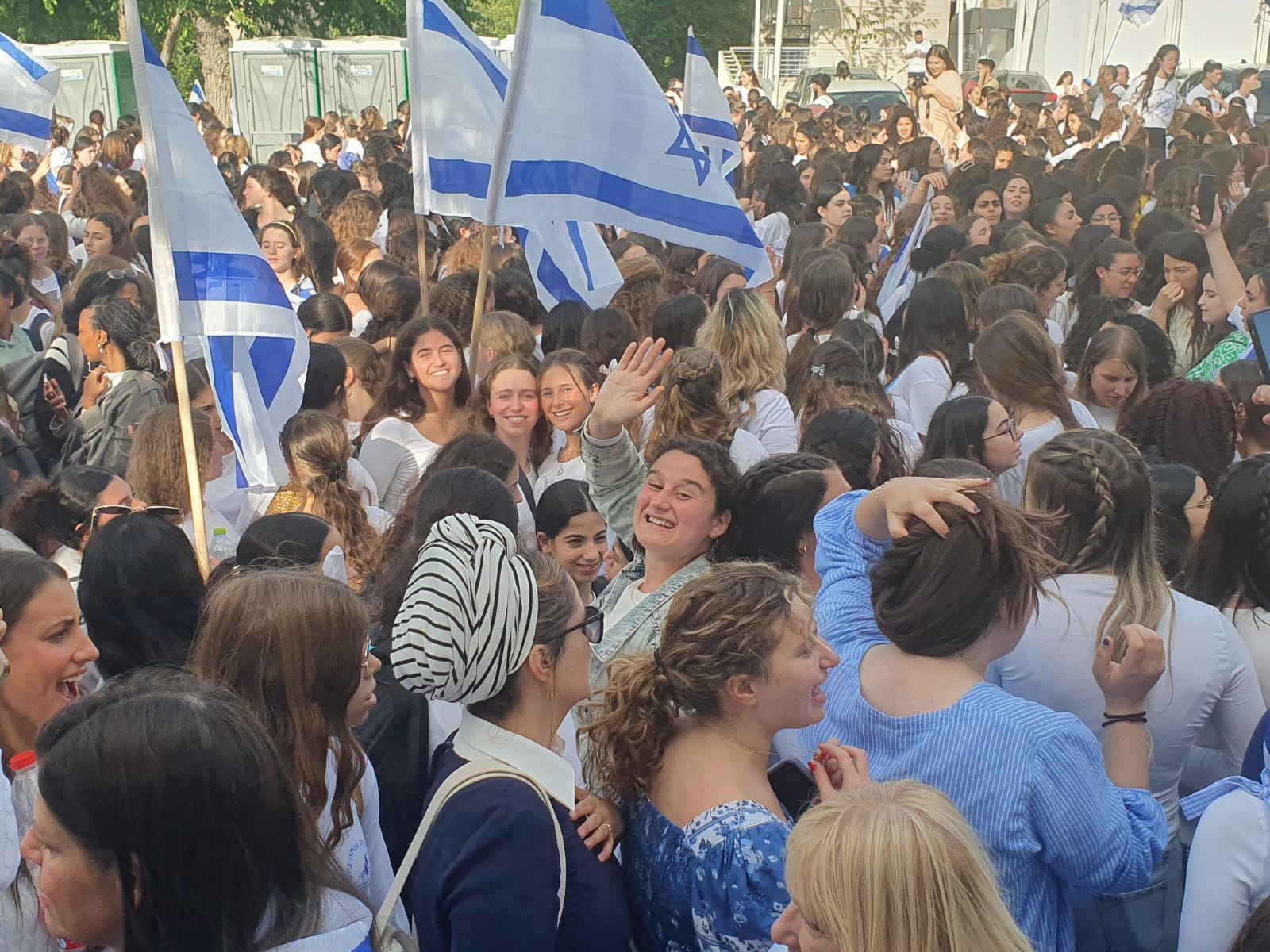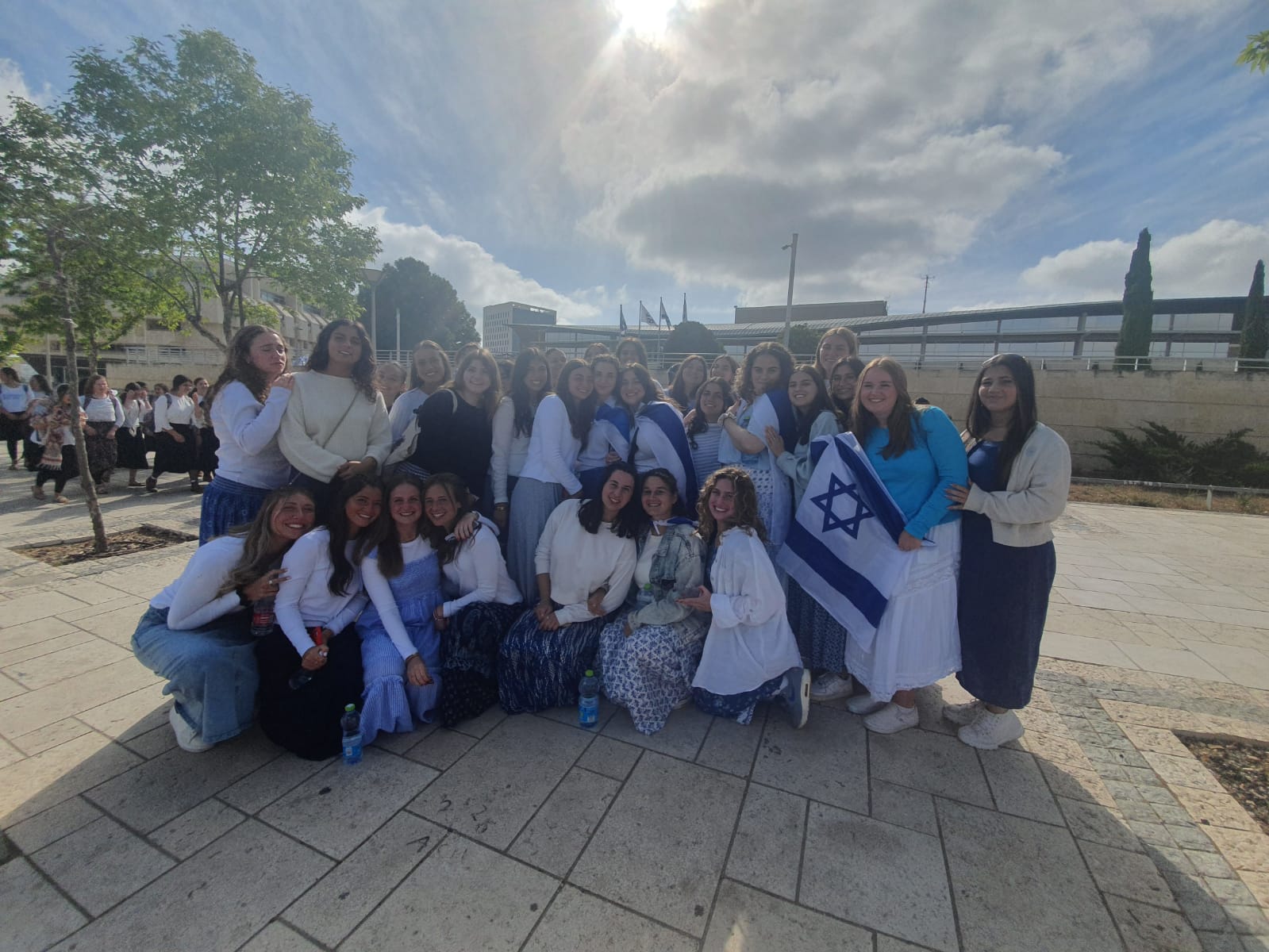
18 May MTC Highlights: Bamidbar

Rav Yonaton Hirschhorn - Mashkiach Ruchani
The Book of Bamidbar
The Book of Bamidbar is an important part of the Torah, but its meaning may not be immediately clear. We can explore it by comparing it to other books in the Torah.
Bereshit focuses on the heritage of the Jewish people, Shmot explores guidelines and the Exodus, Vayikra centers around the service of G-d, and Devarim imparts moral lessons and prepares the people for their entry into the Promised Land.
Bereshit: Planting and Nurturing – The Book of Bamidbar can be compared to Seder Zraim in the Mishna, which deals with planting and nurturing fruits. Similarly, Bamidbar symbolizes the establishment and growth of the Jewish people, who are the descendants of the Avot (patriarchs).
Shmot: Miracles and Connection – Shmot highlights the extraordinary events like Pesach, Shavuot, and Sukkot, which demonstrate the deep connection between Am Yisrael and G-d. Similarly, the Book of Bamidbar can be associated with Seder Moed in the Mishna, which explores the holidays and their spiritual significance.
Vayikra: Service to G-d – Vayikra emphasizes the service of G-d, especially in the Mishkan (Tabernacle) and the laws concerning the Kohanim (priests). This aligns with Seder Kodshim and Teharot in the Mishna, which delve into the details of the Mikdash (Temple) and matters of purity. Similarly, the Book of Bamidbar revolves around the profound relationship between the Israelites and G-d, highlighting their unwavering commitment and devotion.
Devarim: Moral Lessons and Guidance – Devarim imparts important ethical teachings and guidance from Moses, similar to a mother strengthening her children. This book aligns with Seder Nashim in the Mishna, which deals with laws pertaining to women and serves as a repository of the oral law.
Bamidbar: Learning from Mistakes – The Book of Bamidbar is significant within Seder Nezikin in the Mishna, which primarily focuses on matters of damages. Bamidbar explores the damages inflicted upon the relationship between Am Yisrael and G-d during their journey in the desert. It is often referred to as the book of numbers because of the frequent census-taking. According to the Gemara, Am Yisrael can only be counted when they are not united, as unity makes them indivisible and uncountable. Lack of unity exposes vulnerabilities, making them susceptible to external harm and damage.
So, what does this book teach us? What is its goal? The Torah is timeless and provides guidance for our lives. The Book of Bamidbar offers profound lessons and serves as a remedy even before afflictions arise. During times of mistakes, failures, and diminishing unity, Bamidbar provides valuable answers and inspiration. Just as Seder Nezikin in the Mishna guides individuals in rectifying their wrongdoings, the Book of Bamidbar enlightens us on how to address collective mistakes. It highlights the potential for personal growth and salvation that arises from the errors of others, reminding us to approach it with open eyes, attentive ears, and compassionate hearts.
Shabbat Shalom.
Student Reflection
Leah Tobal - Staten Island, NY - Kushner High School, NJ

Being that our time at MTC is almost at an end, I’ve had the chance to reflect on the incredible year I’ve had and see the impact it has had on me.
I can still remember the feeling I had on my first day at MTC. It was magical. I knew this place would change me forever, and I was right. I am surrounded by thirty-four role models who amaze me every day with their incredible middot. They constantly teach me how to improve just by being themselves.
Furthermore, every afternoon, I get to learn from my kids. I never realized how special a group of boys could be. I think that one of the biggest lessons I’ve learned from them is how to be a true friend. If one of my boys is having a hard time, the others are right there by his side, comforting and cheering him up. They support each other in everything that they do. They use the lessons that they have learned from their hardships to help one another. They have this unique sense of love and empathy that never fails to amaze me. Somehow, I’m lucky enough to be in their presence every day.
I never thought a place this holy could exist. You can grow just by watching how people interact with each other. It’s incredible to see how there can be so many different ways of doing chessed that are all so impactful. I will never be able to thank Hashem enough for blessing me with this beautiful year at MTC.
Shabbat Shalom.


